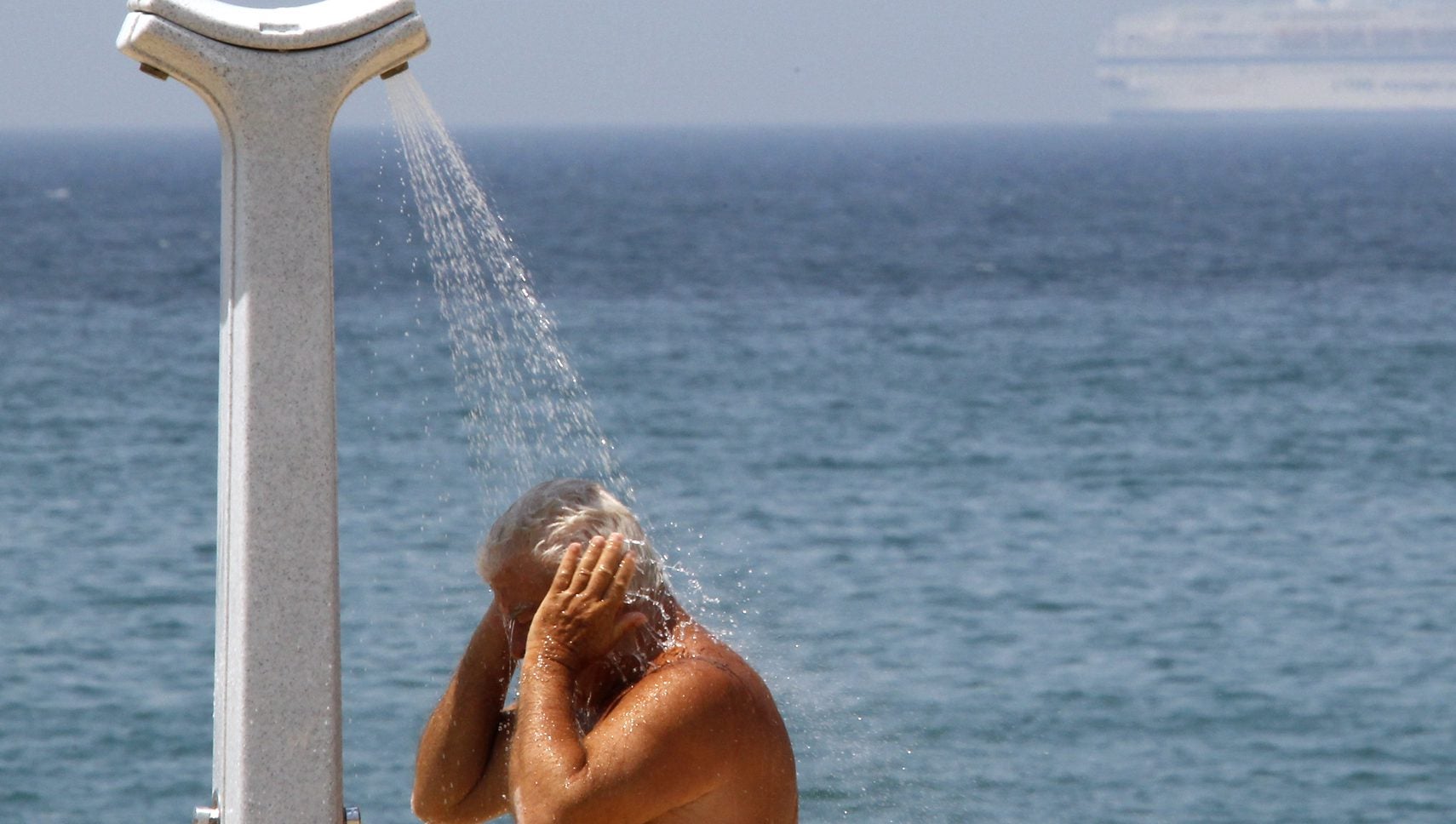South African artists have created a playlist to try to make two-minute showers bearable
Cape Town is in the middle of a severe water crisis, triggered by its worst drought in 100 years. People are saving water in all kinds of creative ways, and trying their best to make water rationing bearable.


Cape Town is in the middle of a severe water crisis, triggered by its worst drought in 100 years. People are saving water in all kinds of creative ways, and trying their best to make water rationing bearable.
One of the hardest adjustments has been in a highlight of most people’s daily morning routine: the shower. Last May, city officials urged residents to keep their daily showers to under two minutes.
The shower, it turns out, is where we are most wasteful at home, losing about 10 liters of water per minute. Surveys have shown that most adults take eight minutes or so to wash up, meaning one normal shower would cause a Capetonian to blow past their daily allotment of 50 liters.
Still, two-minute showers? It was a big ask.
The city eventually recognized that a public service announcement was needed that could put a happier spin on the proposed new custom, while making it practical. In November, a new campaign co-sponsored by Cape Town and financial firm Sanlam delivered. Inspired by the impulse we all share to sing in the shower, it asked 10 of South Africa’s biggest acts to re-orchestrate their most popular songs so that they last exactly 120 seconds . The songs were then played on morning radio and TV, and made available for download on streaming platforms.
“People don’t like scare tactics, like the warnings on cigarette packs. They want to rebel against them,” says Susan van Rooyen, a copywriter at King James Group, the creative agency that devised the campaign on behalf Sanlam and the city. “If you give them a tool that’s already part of their daily life,” she adds, “it’s much easier for them.”
In a city where tourism is a critical economic engine, AirBnB jumped in, distributing signs to 1,000 homes that encouraged guests to download the compressed tunes by artists like rappers Kwesta and Rouge, pop band GoodLuck, and the rock band, the Springbok Nude Girls.
The quickly whipped-together campaign had to represent as many genres, and as many of South Africa’s official languages as possible (they landed at four out of eleven) to maximize its reach, van Rooyen said. Every song’s tempo was bumped up “to capture the sense of urgency” around the issue, she explains, but without simply “chipmonkifying” the single.
It was a race against time on many levels, adds Moe Kekana, art director at King James Group. They were up against the limited time frame for recording the songs, and the timers on the songs themselves, while working against the backdrop of the whole city counting down to Day Zero, now forecasted for July 9. “All of that was infused in the music,” says Kekana.
The rappers that stepped forward learned to speed-rap. Here’s Kwesta performing “Boom Skaka Laka” in two minutes flat:
And this is Rouge’s condensed “Déjà vu”:
There’s a trick to taking a blink-and-you-missed-it shower, aka a Navy shower in the US, because the protocol originated on water-conscious naval ships. As the campaign’s website explains, you step into the shower, turn on the water and lather up all over, then turn the water off while you scrub (and shiver violently), before finally turn the water on again to rinse off—all in two minutes.
Adding an external, musical cue to that process is a stroke of genius for a couple of reasons. First, studies have proven that music “may be uniquely suited to managing or regulating emotions and stress in everyday life,” because it can distract and engage us. The songs are also wonderful examples of the kinds of nudges made famous by behavioral economics, and that make it possible to change a habit with lasting success—presumably even more so if you were already the type to sing while your shower. One could imagine asking their smart speaker to play their two-minute song as daily routine.
In fact, van Rooyen and Kekana want the idea to take off globally, and be adopted in other cities struggling with drought, like Los Angeles, where drought restrictions may soon become permanent. Environmentalists would argue that cities everywhere ought to be taking the threat of water crises seriously, preemptively. Future shortages could trigger the next world war, some theorize.
Maybe we should all get accustomed to two-minute showers, with a quickie soundtrack, now.